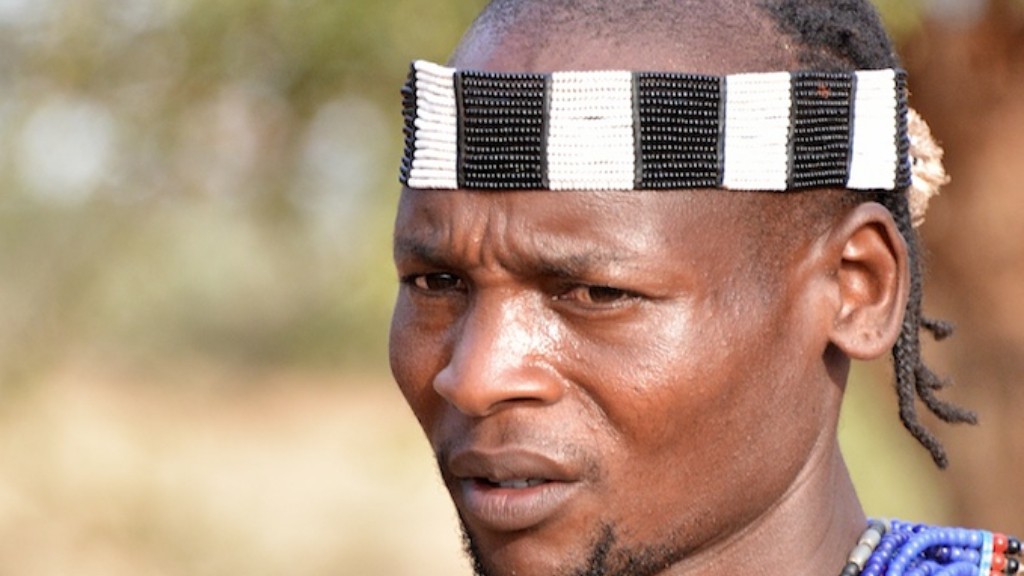The African Slave Trade: A Dark Chapter in History
The transatlantic slave trade is known as one of the most brutal and dehumanizing periods in history. Millions of men, women, and children were captured, forcibly transported, and sold as slaves. While most people are aware of the role Europeans played in this horrific trade, it’s crucial to acknowledge that African tribes were also involved in the selling of their own people. This article explores the historical background, relevant data, perspectives from experts, and provides insights into this deeply troubling aspect of the African slave trade.
Background: The African Slave Trade
The African slave trade began around the 15th century and lasted until the late 19th century. It involved the forced migration of Africans to different parts of the world, particularly the Americas, to work on plantations, mines, and as domestic servants. European colonial powers established trading forts and factories along the African coast, where they obtained slaves through various means.
During this time, African tribes engaged in various forms of slavery. Slavery in Africa existed long before the arrival of Europeans and took different forms, such as domestic servitude, debt bondage, and intertribal warfare resulting in captives being enslaved. It’s important to note that the African concept of slavery had some fundamental differences compared to the transatlantic slavery imposed by Europeans.
Relevant Data: African Involvement in the Slave Trade
Estimating the number of Africans involved in the slave trade is challenging due to limited historical records. However, renowned historian Patrick Manning suggests that nearly 4 million Africans were sold by African merchants to European traders. These transactions took place primarily along the West African coast.
Furthermore, the African slave trade was driven by factors such as economic gain, political instability, intertribal conflicts, and the desire for European goods. Often, Africans would collaborate with European traders, exchanging slaves for firearms, textiles, spirits, and other valuable commodities.
Expert Perspectives on African Involvement
Dr. Toyin Falola, a prominent African historian, asserts that it is crucial to approach the subject of African involvement in the slave trade with nuance. He explains, “While Africans participated in the trade, it is essential to understand the complex dynamics at play. Slavery was not a unified concept in Africa, and Africans were drawn into the trade through various factors, including betrayal, captivity, and economic motives.”
Dr. John Thornton, another renowned expert in African history, highlights the significant cultural and economic diversity on the African continent. He argues that the complex web of African societies resulted in some participating in the slave trade, while others actively resisted it.
Insights and Analysis: Unveiling the Complexities
Examining the African role in the slave trade forces us to confront the complexities of this period in history. African societies were deeply influenced by European colonialism, and some willingly or reluctantly engaged in the slave trade to protect their interests or mitigate the impact of European encroachments. It is crucial to note that this collaboration should not absolve Europeans of their central role and responsibility in perpetuating the transatlantic slave trade.
While some Africans participated, it’s important to recognize the immense suffering and long-lasting consequences endured by those who were captured and transported forcibly. The inhumane treatment, loss of freedom, and erasure of cultural heritage cannot be understated.
The Lasting Consequences: Healing the Wounds
The transatlantic slave trade has left indelible scars on the African continent and its diaspora. The descendants of enslaved Africans continue to face systemic racism, social inequalities, and economic disparities that trace their roots back to this painful era. The process of healing these deep wounds demands acknowledgement, education, and collective action.
Recognizing the history of African involvement in the slave trade fosters a more comprehensive understanding of this chapter in history. It helps to shape a narrative that acknowledges the complexities while placing the primary responsibility on the colonial powers who exploited and profited from the trade.
Conclusion
In grappling with the African involvement in the slave trade, it is crucial to avoid a reductionist perspective that oversimplifies the historical dynamics at play. Understanding the complexities of the African slave trade helps us navigate the complexities of the past while working towards a more just and equitable future.



